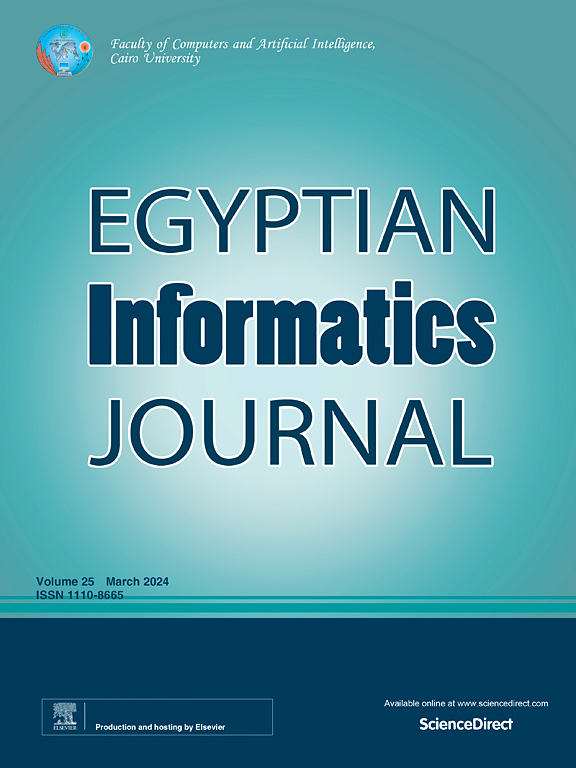Reinforcement learning for process Mining: Business process optimization with avoiding bottlenecks
IF 5
3区 计算机科学
Q1 COMPUTER SCIENCE, ARTIFICIAL INTELLIGENCE
引用次数: 0
Abstract
Process mining extracts knowledge from event data to understand, analyze, and improve processes. The activity of manually identifying the optimal sequence of transitions for process mining is challenging due to several difficulties, including the high complexity of business processes that may involve numerous activities and decision points, and the significant effort required to collect and analyze the necessary data, ex1plore different transition possibilities, and evaluate their impact on process performance. In our study, we have implemented Process Mining Environment in OpenAI gym format aimed at enhancing the development of reinforcement learning algorithms for process optimization tasks. The capabilities of these approaches of reinforcement learning using the Q-learning and Deep Q-network (DQN) techniques to identify the optimal path. This is achieved by constructing a reward matrix tailored to each method, designed to circumvent absorption states that signify bottlenecks. The environment was tested using a proprietary dataset containing 3,414 tickets, with event logs sourced from the ServiceNow ticketing system. The findings indicate a significant reduction in the action space, with Q-learning and DQN achieving a decrease of 75% and 67%, respectively.
求助全文
约1分钟内获得全文
求助全文
来源期刊

Egyptian Informatics Journal
Decision Sciences-Management Science and Operations Research
CiteScore
11.10
自引率
1.90%
发文量
59
审稿时长
110 days
期刊介绍:
The Egyptian Informatics Journal is published by the Faculty of Computers and Artificial Intelligence, Cairo University. This Journal provides a forum for the state-of-the-art research and development in the fields of computing, including computer sciences, information technologies, information systems, operations research and decision support. Innovative and not-previously-published work in subjects covered by the Journal is encouraged to be submitted, whether from academic, research or commercial sources.
 求助内容:
求助内容: 应助结果提醒方式:
应助结果提醒方式:


